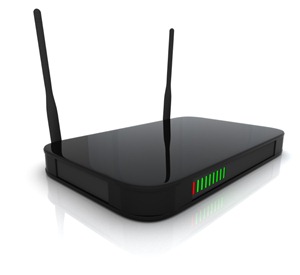
Knowing the fact that Government of Pakistan is trying hard to introduce 3G in the country, we thought it would be a good idea to compare 3G Mobile Broadband with hardwired high speed Internet service or what you call it DSL.
So, with the assumption that you have a choice between some sort of a hardwired Internet service, DSL or cable, and mobile broadband, either 3G or 4G (after it is introduced), and also that you don’t want to take on the expense of having both, lets’ make a brief comparison of the two types of Internet connections and examine their pros and cons.
DSL offers these advantages:
- If your computer and modem are powered on, you’re always connected. Yes, connections can be lost occasionally, but cable and DSL are very nearly bulletproof and constantly improving.
- Download speeds are fast. Fixed line Internet connections are approaching and exceeding 10 MB in some instances, but even basic connections will give you 1-2 MB per second.
- Costs would be lower than the 3G or 4G connections.
- DSL and cable connections may come packaged with telephone and television services. You receive the proverbial “quantity discount” along with the convenience of needing to pay only one bill.
- The amount of data you can access is essentially unlimited, at least for now.
The disadvantages of DSL and cable fixed line broadband are:
- It is impossible for providers of fixed line broadband to test every operating system, brand of computer and the variations of configurations for different combinations of hardware and software. This means that sometimes it is very frustrating for someone, even someone with better than average computer skills, to establish and maintain their Internet connection. Likewise, it is sometimes problematic for even the most skilled tech support people to diagnose every possible problem.
- The locations where the Internet can be accessed are limited to computers physically connected to the modem or within that modem’s wireless range.
3G and 4G Internet connections offer some benefits:
- They make it easy for someone who is often in different locations to carry their Internet access with them. The USB modem’s weigh only ounces and can easily fit in the pocket, purse or briefcase.
- They are easier to set up than fixed line. All the configuration information is automatically installed when the USB modem is plugged in and activated.
- The need for land line telephone and cable TV service could potentially be entirely eliminated.
Disadvantages of 3G and 4G
The disadvantages of mobile broadband connections are currently considerable, but technology of this type can change so rapidly that there is every reason to expect that these will soon be gone.
- 3G or 4G is going to be more expensive than fixed line broadband.
- Demand currently exceeds the supply, worldwide. Providers may finding their networks and bandwidths stretched so thin that unlimited data plans would be hard to get.
- Given, the limited data plan, it is somewhat difficult to accurately estimate your usage consistently, and exceeding your data limit can quickly get costly.
Ultimately, the decision between fixed line and mobile broadband internet connections is up to the individual. However, the key factor will remain the price for 3G or 4G.
There is currently no one-size-fits-all solution, and what suits your requirements today could change tomorrow, and changes in technology will constantly offer new options and change the game again.
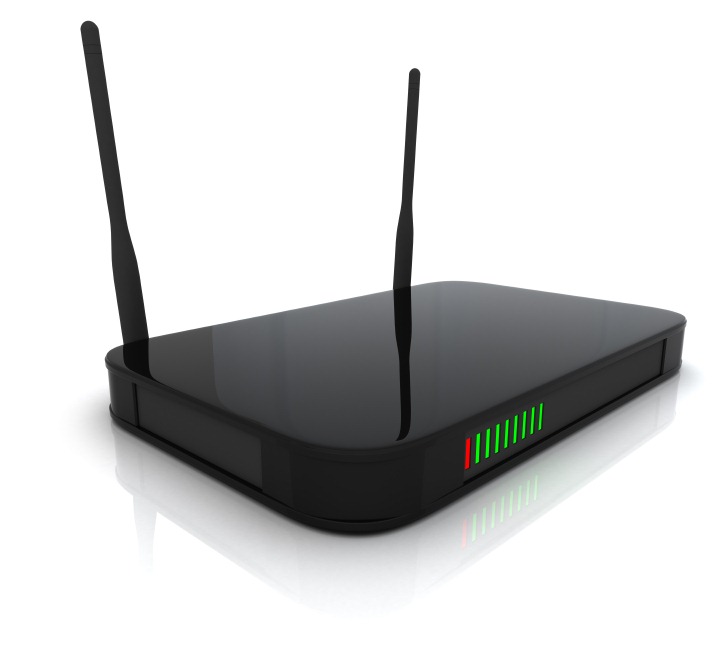


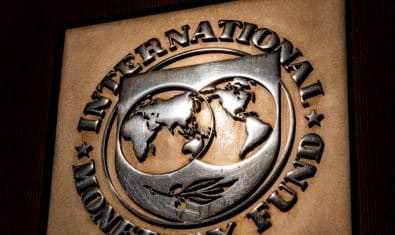
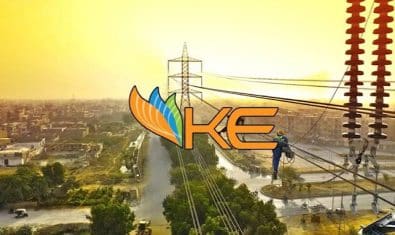
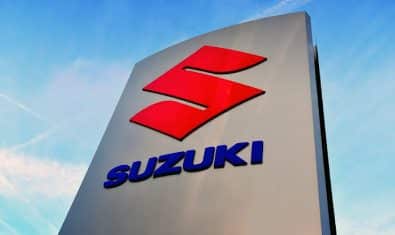





















I like my 4MB DSL (PTCL) more than EVO (using both). Downloading is much smooth with land line DSL with which I have connected a D-Link wireless Router.
DSL is “bulletproof” only if you live near a telephone exchange. Other than that it’s a huge headache.
I think the only solution which will actually work is widespread availability of FTTH and GPON networks being deployed in other countries.
so Broadband wins..
Was that ever in doubt?? Of course broadband wins.
what is ur definition of broadband ?
From wiki:
According to the 802.16-2004 standard, broadband means “having instantaneous bandwidths greater than 1 MHz and supporting data rates greater than about 1.5 Mbit/s.”
its very true that dsl line is fast and wireless is always slow. even in homes if u use wifi routers it will give less speed than a wire 1.
Please explain this. Wifi router can easily give you 54Mbit inside your house (depending on your distance from router, can go down to 2Mbit). Most people don’t have 54Mbit link to outside world.
Maybe you are confusing wifi with wireless (wimax, evo, etc)??
let say u have 1mb dsl line ,it gives you download at 120kb/sec but if u use a router (here i mean wifi) on the very same dsl line, then it gives u some 60 to 80 kb/sec download.
now coming to wireless. wireless internet speed never meet advertized speed. its more slow then wifi.
all this variation is due to interfering frequencies etc.
i hope i cleared my point.
Again, it depends on distance. I get 200 kbyte/sec with my wifi router.
Also do remember that wifi is like a HUB. if many edevices are communicating at the same time, your traffic is affected.
— It is impossible for providers of fixed line broadband to test every operating system, brand of computer and the variations of configurations for different combinations of hardware and software.
That is LESS of problem for dsl or cable than it is for other mediums. 3G (EVO etc) devices mostly plug into computers, means they need to make sure drivers work for Windows XP Vista W7 Linux Mac. For dsl or cable or wimax they are standalone devices. All computer needs is DHCP support and web browser.
Come on guys, it is Megabit (Mb) and not Megabyte (MB). It would be awesome if we have 1-2 MB links at current prices but that translates to 10-20 Mbit per second.
1-2MB for the current price , you meant 10Megabits Currently i just need 4 Megabit that would be sufficient for all dsl users hope ptcl gona launch it soon as they stop giving promotion package for students from so long :D
I ve had 4 Mbit from PTCL since they upgraded me from 2 Mbit for free. It think it was a year ago or more than that.
Do you mean 4 Mbit for students package or something else??
watch live ipl free on hd @ w w w . cricloverz . com
The ultimate solution is GPON…. 3G 4G & DSL are just a temporary workouts for fooling customer requirements.
In ten years, you will add GPON to your temporary workouts list, I know it.
May be but fiber has to be remain there for atleast 20-30 yrs or even more. Only partial network upgradations will be required… Wireless technology is in its last phases
Ptcl evodo is faster then worldcall evo do